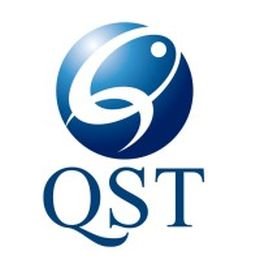
New study shows the crucial role of the p62 protein in reducing the risk of neurodegenerative disorders. This happens through the process of autophagy.
Cells use a technique to destroy or autophagy unwanted proteins in order to maintain cellular homeostasis or a state of equilibrium. This complex biological process is controlled by autophagy receptors, which indirectly select a target protein for self-degradation. It is known that tau proteins play a decisive role in the development of various types of dementia, such as Alzheimer's disease. They influence the internal architecture of brain neurons due to their abnormal accumulations.
An anti-aging protein found
These accumulations of proteins lead to the formation of neurofibrillary tangles that provoke the death of neuronal cells. And this is in a chain and causes characteristic symptoms, including memory loss. Theoretically, tau proteins can be destroyed due to selective autophagy, but science does not yet know the specific mechanism by which this most valuable process for health could be triggered.
Protein that protects blood vessels from cholesterol deposits has been discovered
And now, scientists at the Japan National Institute of Quantum Science and Technology have demonstrated the decisive role of the specific p62 gene in protein selective autophagy. Previous experience has shown that abnormal aggregations of these proteins can be selectively eliminated via autophagy via the p62 protein. The novelty of the current study is to demonstrate the neuroprotective role of this protein in a living model, which has never been done before. Scientists used laboratory mice for this. The results of the work show that by eliminating and preventing the aggregation of tau proteins, p62 has a neuroprotective role. (READ MORE) 
Japan National Institute of Quantum Science and Technology
Medicine
was created in April 2016 for the comprehensive and comprehensive promotion of quantum science and technology
